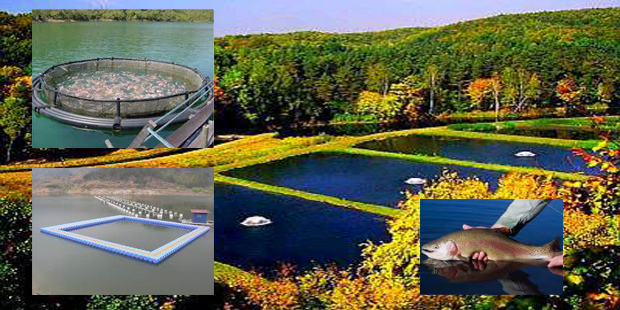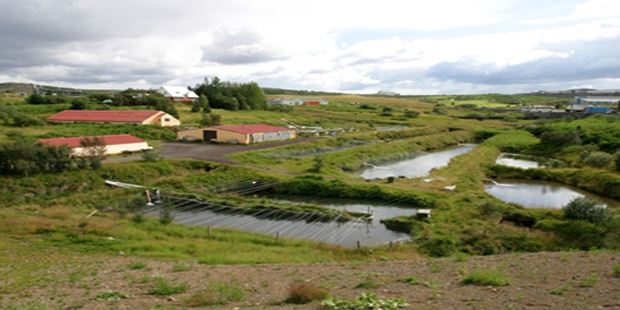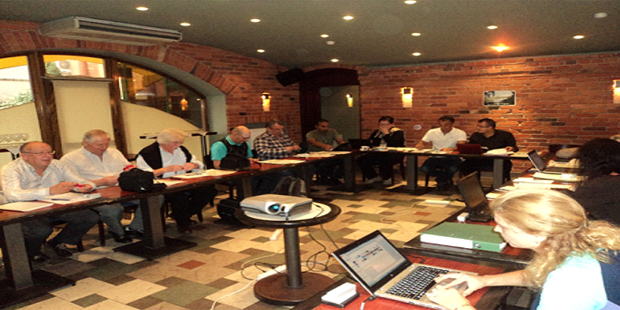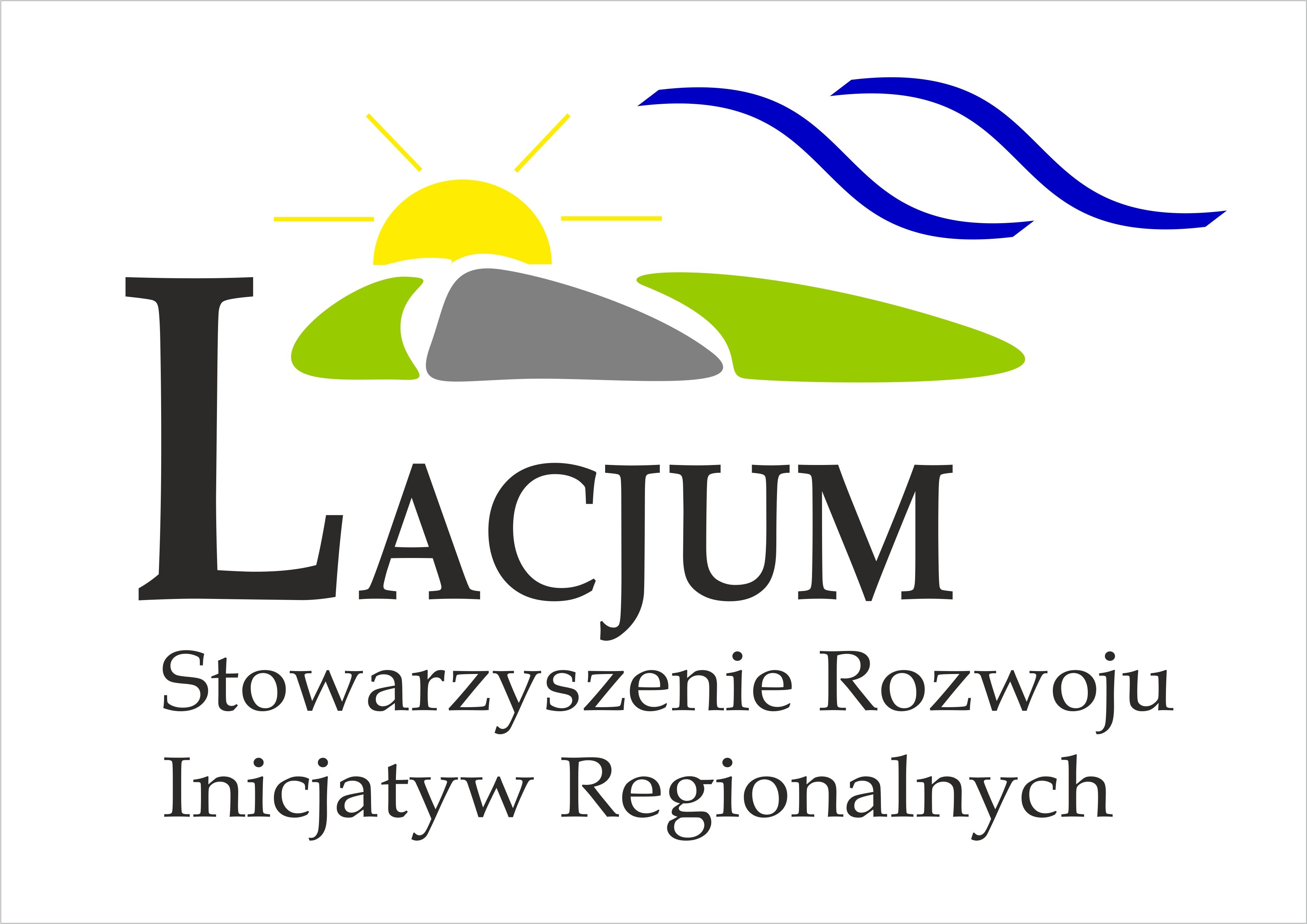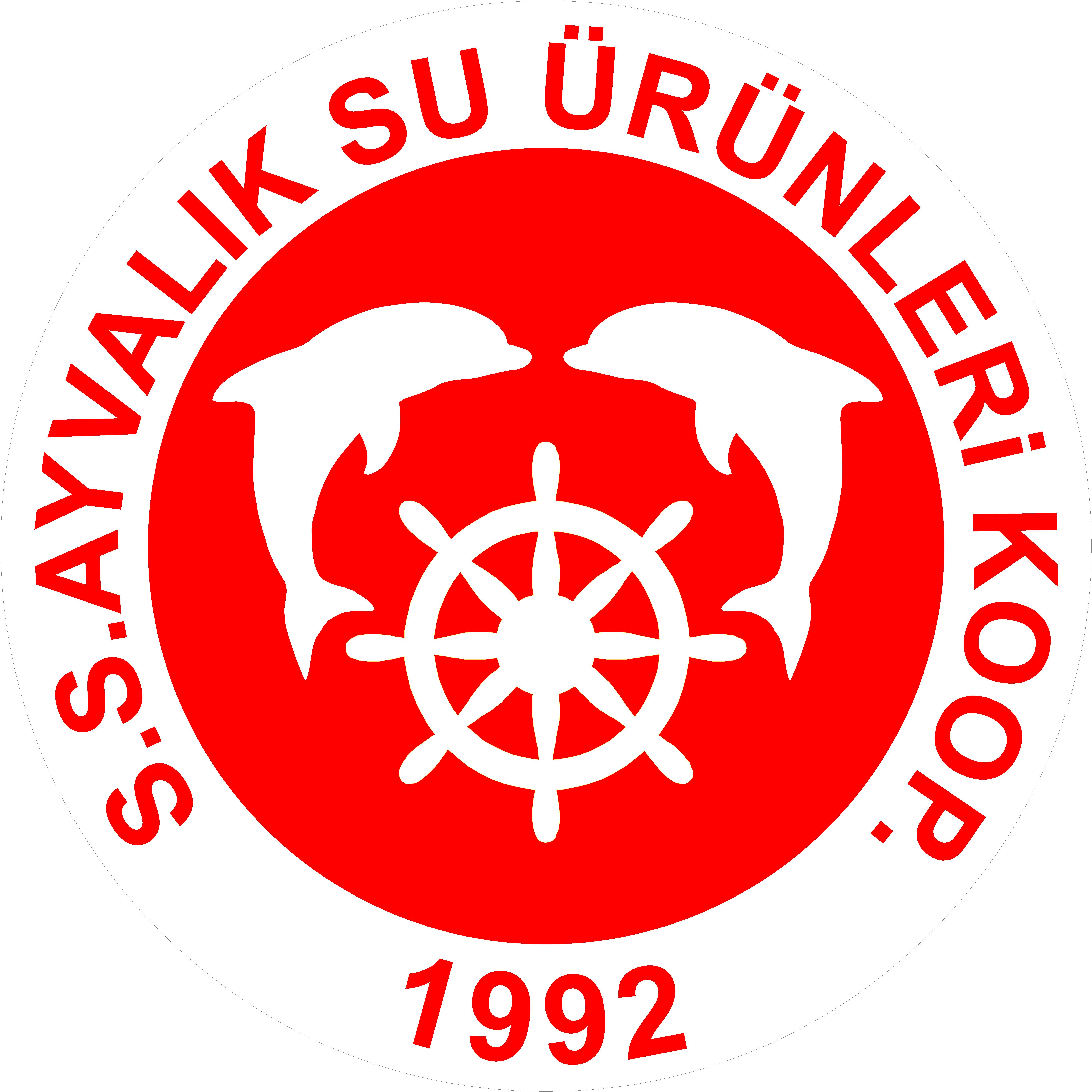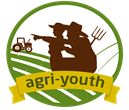Welcome to the e-learning platform of FISHFARM
Increased demand for fish protein has been met by increased cultivation of many species of freshwater and marine fish. In spite of state of the art technology to fulfill the production needs, it is necessary to optimize different production factors in fish culture operations to minimize the possible ecological impacts, water quality, microbiological, toxicological (dioxin) and disease problems of farmed fish. Without knowing and controlling them, it will be hard to program viable aquaculture industries. The fish feeding systems can lead to undesired complications due to inadequate training and skills of workers as well as lack of proper translation of manuals. A major bottleneck for reliable fish production is the high mortality rate during larval stage. Factors that affect larval survival and quality are not yet well-defined. In order to be competitive, fish farmers, technicans and trainers in vocational and continuing education institutions often need contemporary scientific curriculum on brood stock management, larval culture, disease management, biosecurity, and cage aquaculture. Surveys and literatures on fish farming show that an integrated effort is crucial to blend in the discrete pieces of information and experience that have accumulated over the years for potential solutions in fish farming.
Skip Login
Skip Calendar
Login
Calendar
| Sun | Mon | Tue | Wed | Thu | Fri | Sat |
|---|---|---|---|---|---|---|
| 1 | 2 | 3 | 4 | 5 | Today Friday, 6 June 6 | 7 |
| 8 | 9 | 10 | 11 | 12 | 13 | 14 |
| 15 | 16 | 17 | 18 | 19 | 20 | 21 |
| 22 | 23 | 24 | 25 | 26 | 27 | 28 |
| 29 | 30 |
